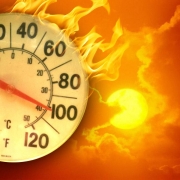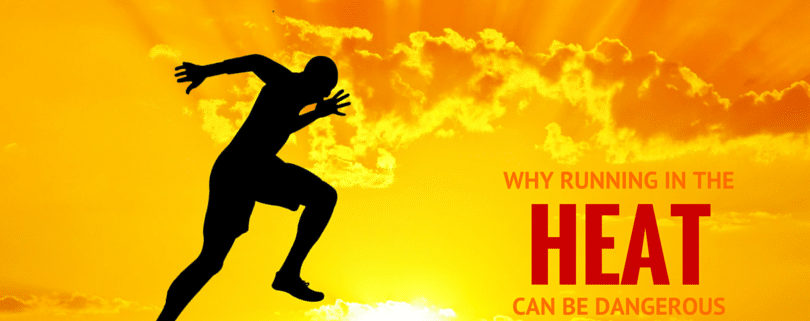Injuries that runners face when the ground hardens and the heat increases
 Increased hardness of the ground, for runners that run off road, means increased ground reaction force and more strain for your body’s shock absorbers
Increased hardness of the ground, for runners that run off road, means increased ground reaction force and more strain for your body’s shock absorbers
These shock absorbers include structures like cartilage, tendons, fat pads, bursae etc.
The only way to take the stress off of these is with a preventative strike of your winter training containing lots of muscle strength work. Ground reaction force is absorbed by your body’s contractile tissues – your muscles. As per Sir Isaac Newton ‘Energy can neither be created nor destroyed’ – it has to be absorbed by the body.
If your muscles are not strong enough to deal with this increase in demand when the ground hardens then the passive structures listed above will bear the brunt of the force. It takes time (6-8 weeks) to build muscle strength. Therefore it is essential to have achieved this strengthening of your muscles prior to the ground hardening in order for you to be able to prevent injuries. If you are already running with a niggle then this increase could be the thing that tips it over the edge into an injury.
Increases in temperature pose a challenge on the body for regulating your temperature when running.
It is essential for your core body temperature to stay in and around 37 degrees C. An increase in the temperature around you will lead to higher demands on the systems that keep you cool and an increase in risk of dehydration.
Running in the heat physiologically slows the body down.
We are not as efficient at 25 to 30 degrees as we are in 10 to 15 degree temperatures. So don’t be afraid to slow things down if you have to, especially if you feel nauseous, light headed, sleepy, confused or even cold—all signs that you may be overheating.
To avoid this you may need to take regular walk breaks. Slowing down and walking are not signs of weakness. They are smart training that will pay off down the line. Three to five days of easier runs in the heat will give your body the time it needs to get ready for the added demands that heat will add. Doing too much too soon is a good way to cause heat-related illnesses.
Stay hydrated
Hydration doesn’t mean just have a drink of water before or after a run. You need to get hydrated and stay hydrated throughout the course of the day, using not just water but fluid which has a source of electrolytes, such as sodium and potassium. And if you are out for over an hour you should plan a way to stay hydrated on route.



